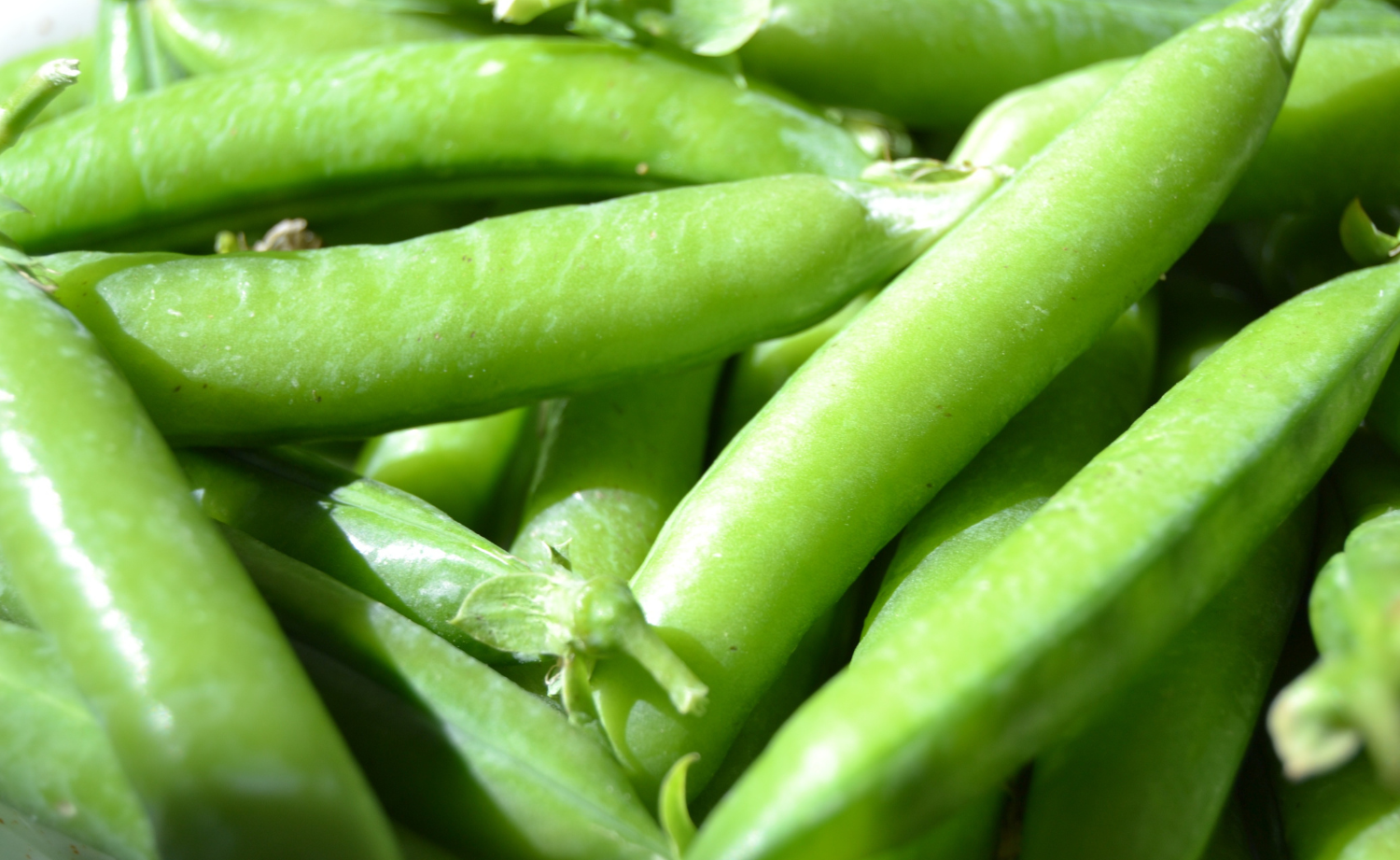The Pea Protein Powder boom broken down by the dietitian!
Protein powders have been on the market for what feels like an eternity. If you go into your local grocery story, GNC, Vitamin Shoppe, or just about any large chain food vendor, you’re likely to find multiple protein powder options. Protein powders are derived from many different sources of protein. Most commonly seen are whey, soy, and brown rice protein powders. However, a recent wave of pea protein powder has been filling our news feeds with self-proclaimed health gurus endorsing the plant based protein powder as the number one protein powder on the market. Claims lead consumers to believe that pea protein leads to faster weight loss, regulates blood sugar, lowers blood pressure, and prevents the onset of chronic kidney disease all while helping build strong muscles. Pea protein powder is new to the market meaning there are limited studies to support or reject these claims. However, let’s use what we know about nutrition and the body to break these claims down.
Pea Protein Leads to Fast Weight Loss: Consuming adequate to high amounts of protein, adequate fat, and less refined carbohydrates and added sugar leads to gradual weight loss regardless of the protein source. However, there is not adequate research to support pea protein as a secret weapon to combating weight loss.
Pea Protein Regulates Blood Sugar: Consuming any type of protein with carbohydrates slows down the digestion of carbohydrates because it takes the body longer to break down protein. This will lead to a slower rise in blood sugar. However, pea protein powder isn’t responsible for this. Any protein-carbohydrate combination will do!
Pea Protein Powder Lowers Blood Pressure: Consuming less animal protein, specifically from red meat, lowers blood pressure because the saturated fat content in red meat is high which may lead to plaque build up within our arteries, causing high blood pressure. However, other protein powder sources, including pea protein powder, do not contain saturated fats.
Pea Protein Powder Prevents the Onset of Chronic Kidney Disease: Going off of saturated fats causing high blood pressure, high blood pressure is a leading cause of chronic kidney disease. If you monitor your blood pressure you will also reduce your risk of developing chronic kidney disease regardless of if you consume pea protein powder or not!
Pea Protein is a “Complete Protein”: Many plant-based proteins are incomplete proteins, meaning that they do not contain all nine essential amino acids. Essential amino acids cannot be produced by the body and consequently you have to consume them in your diet. Animal based protein sources contain all nine essential amino acids. You may see conflicting answers on whether pea protein is the magical complete plant protein or not. The answer is pea protein does contain all 9 essential amino acids BUT like many plant-based protein sources it is too low in methionine to be considered completely well…complete.
Although research is limited to show that pea protein powder is better than its competitors, there has been research conducted comparing different protein sources and their effect on satiety and digestibility. The Journal of Animal Science conducted a study comparing whey protein isolate, whey protein concentrate, skim milk powder, pea protein isolate, soy protein isolate, soy flour, and wheat and their digestibility. The study showed that ideal digestibility of amino acids was greater in dairy proteins versus plant proteins. Another study conducted by the American Society for Clinical Nutrition compared the satiating effects of egg albumin, casein, gelatin, soy protein, pea protein, and wheat gluten, and found that there was no effect on feelings of satiety and type of protein consumed.
There is not conclusive evidence to support the claims that pea protein powder is better than its counterparts. However, like its competitors, pea protein powder is a complete protein and therefore may be a great alternative for those who have milk allergies and lactose intolerance. More research needs to be conducted to speak more on pea protein powder and its health benefits.
